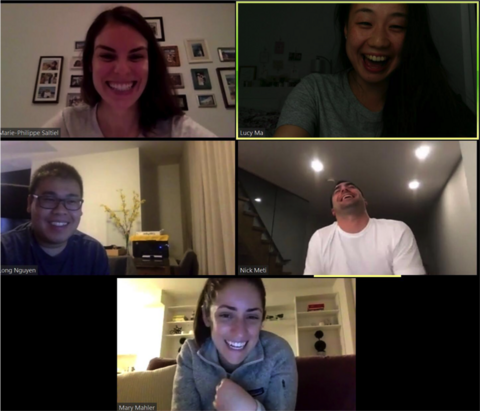Breadcrumbs
Medical Oncology Resident Resources
Information for Prospective Applicants
Program Director Message
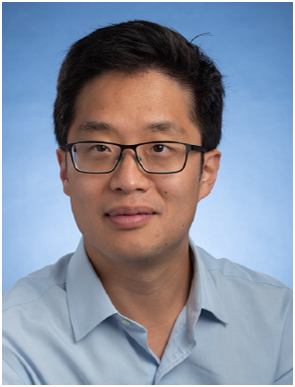 Welcome to the Medical Oncology Training Program (MOTP) at the University of Toronto.
Welcome to the Medical Oncology Training Program (MOTP) at the University of Toronto.
Our residency program is designed to foster clinical and academic excellence while providing an advanced understanding of our field and its central role in cancer patient care. Our academic community provides a supportive environment ideal for learning and thriving. Residents will graduate with the full skill-set necessary to begin their career as Medical Oncologists.
The University of Toronto, Medical Oncology Program collaborates with undergraduate medical education in many ways. Our faculty are involved in all aspects of teaching and mentorship of medical students. These wonderful mentors, teachers, researchers and clinicians are passionate about education and committed to the highest quality of patient care.
Medical Oncology is a popular elective among medical students and many residents in our program “discovered” oncology while doing clinical or research electives as medical students. At the pre-clerkship level, our faculty deliver lectures, teach clinical skills courses, offer clinical observerships, and lead small group seminars. At the clerkship level, our program hosts clerks for 2-4 week electives in medical oncology.
Our MOTP residents play a key role in the teaching of medical students both in clinic and inpatient consultation review. For residents who are interested in teaching, plenty of opportunities exist to be involved in UGME such as serving as a clinical skills tutor or being a mentor in a longitudinal academic mentorship program for medical students.
Additionally, many MOTP residents are involved in research projects supervised by world-renown oncologists. This provides an important opportunity for sharpening research skills while also fostering early 1:1 mentorship relationships with faculty within our division. Resident projects stemming from this opportunity have led to publications in high-impact medical journals and invitations to present posters at international and local conferences – including our own Medical Oncology Annual Research Day held in June each year.
Please be sure to browse the wealth of resources on this page, compiled with the help of Dr. Mary Mahler (current MOTP Co-Chief Resident) and Dr. Lawson Eng (MOTP Graduate). If you have further questions about our program, please do not hesitate to contact me or the Program Administrator, Walaa.Kheir@uhn.ca.
We look forward to meeting you!
Dr. Raymond Jang
Program Director, Medical Oncology Training Program
University of Toronto
Raymond.jang@uhn.ca
Current Resident Profiles
PGY5s
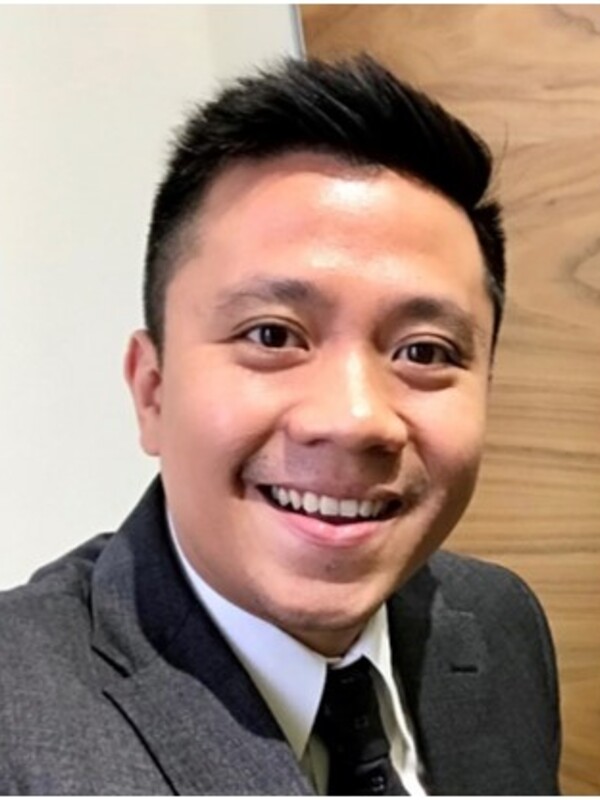
Nguyen (Patrick) Hoang
Chief Resident
Medical School: McGill University
Internal Medicine: University of Toronto
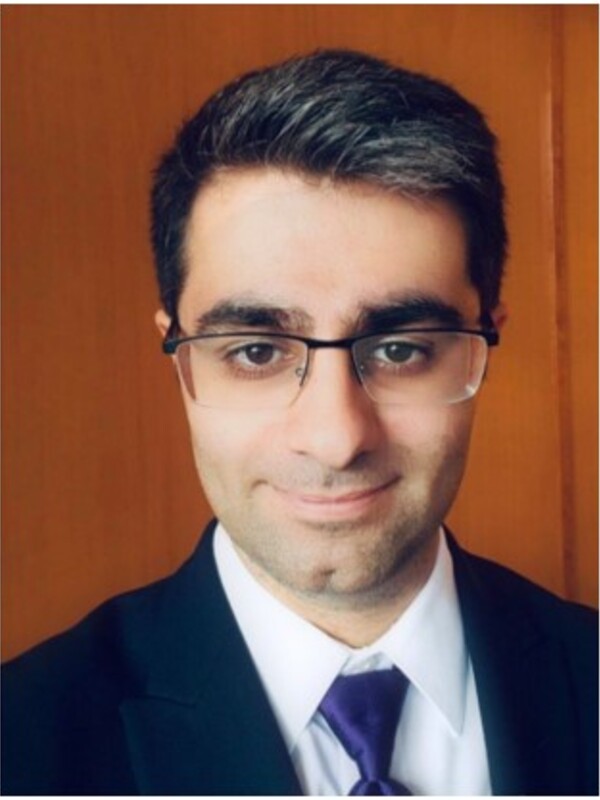
Arman Zereshkian
Chief Resident
Medical School: University of Toronto
Internal Medicine: McMaster University
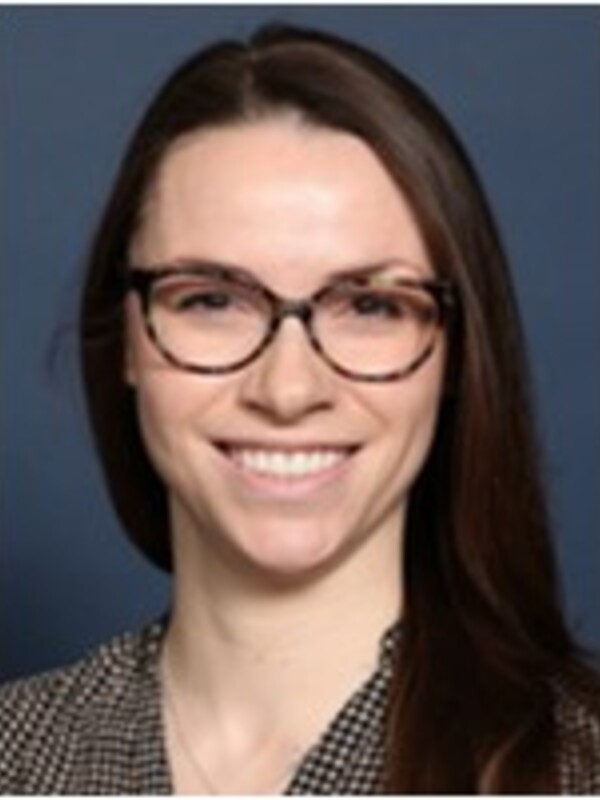
Ellen Janse Van Rensburg
Medical School: Queen's University
Internal Medicine: University of Toronto
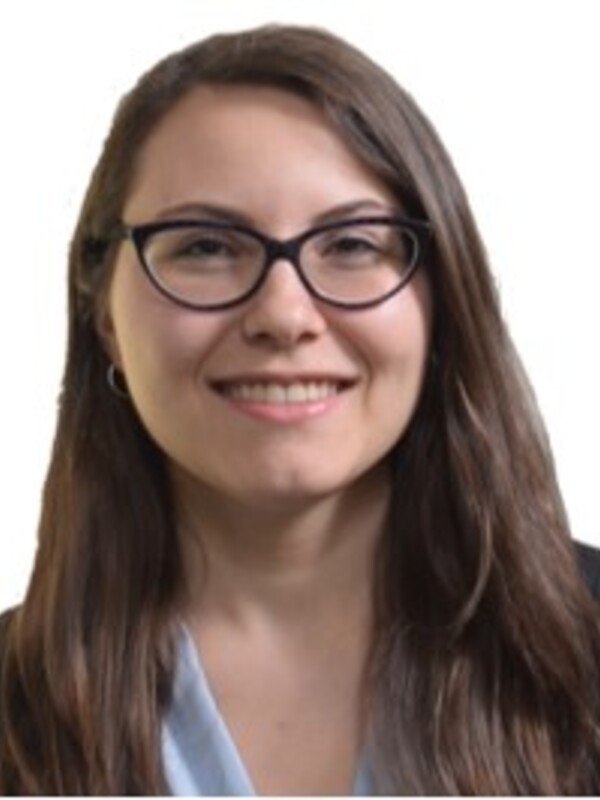
Lucia Bogdan
Medical School: McGill University
Internal Medicine: University of Toronto
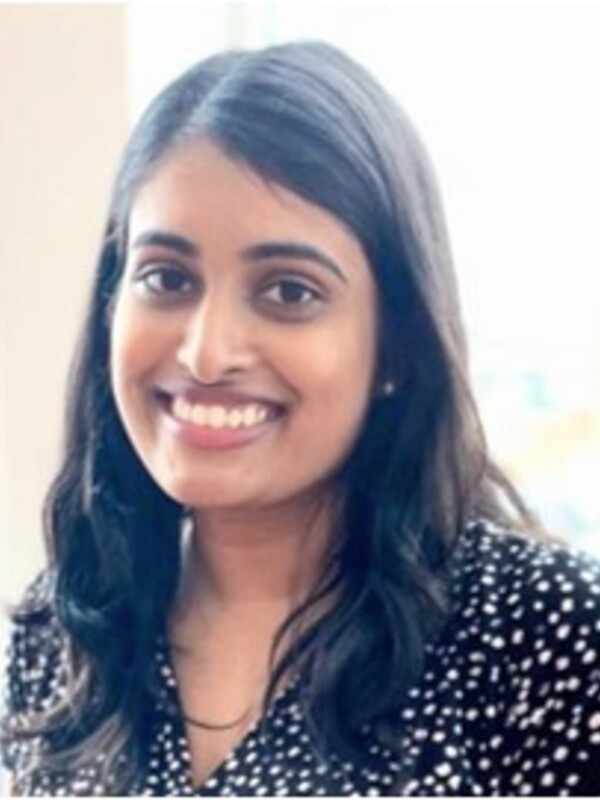
Milani Sivapragasam
Medical School: McGill University
Internal Medicine: University of Ottawa
PGY4s
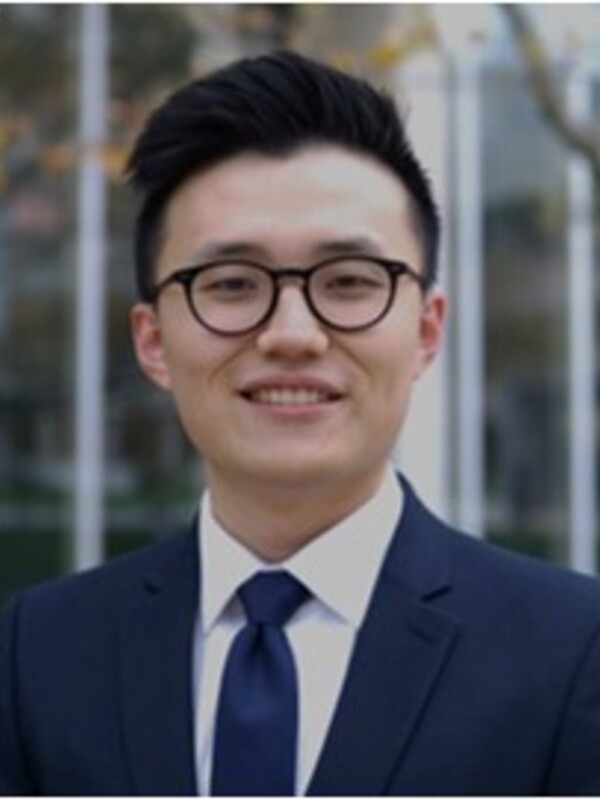
Zhen Jason Fan
Medical School: University of Toronto
Internal Medicine: University of Toronto
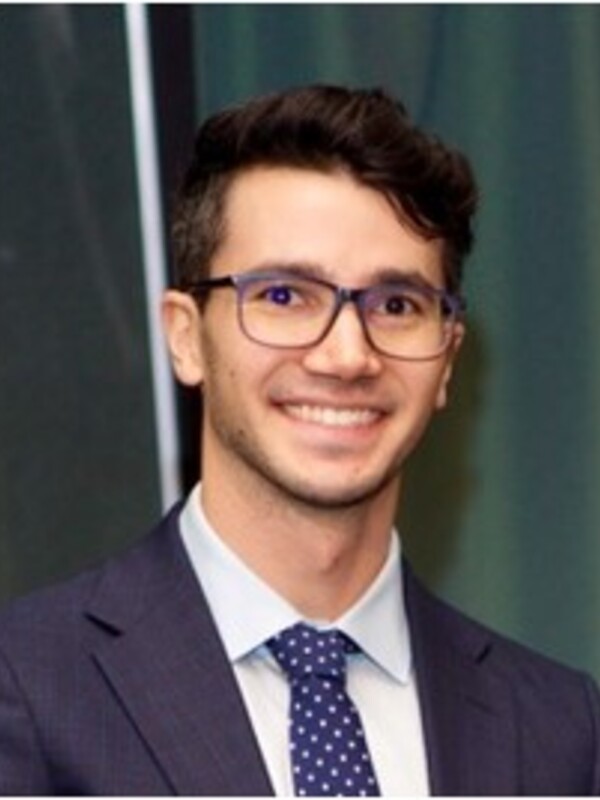
Jonathon (JJ) Gerstein
Medical School: University of Manitoba
Internal Medicine: University of Toronto
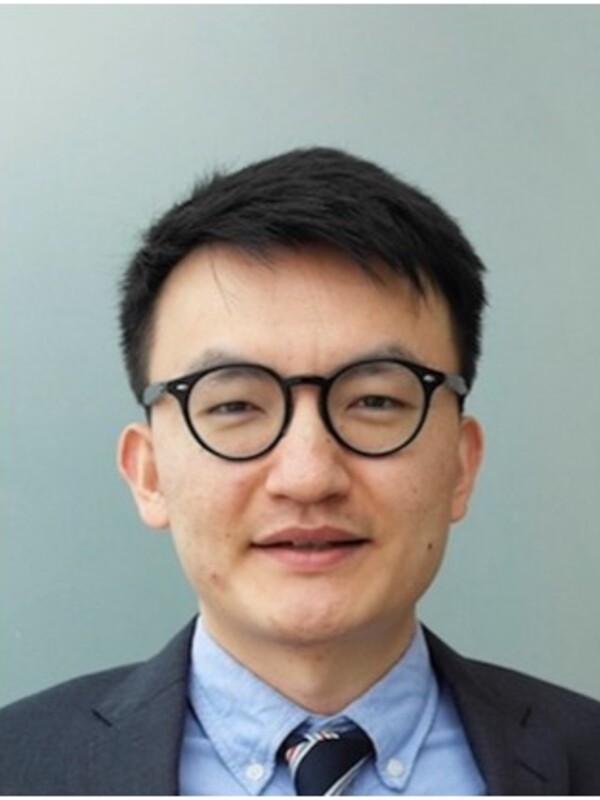
Xiaoyang (Kevin) Lan
Medical School: Western University
Internal Medicine: University of Alberta
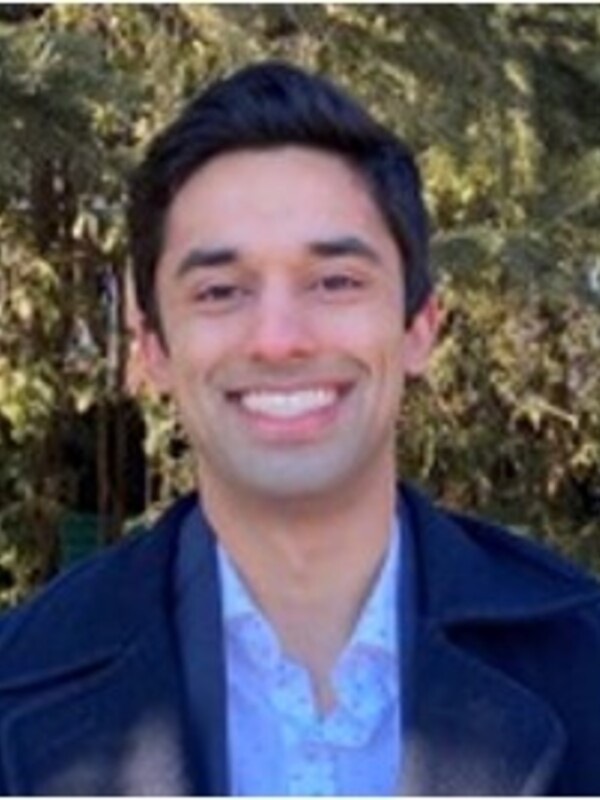
Craig Rodrigues
Medical School: Queen's University
Internal Medicine: University of Toronto
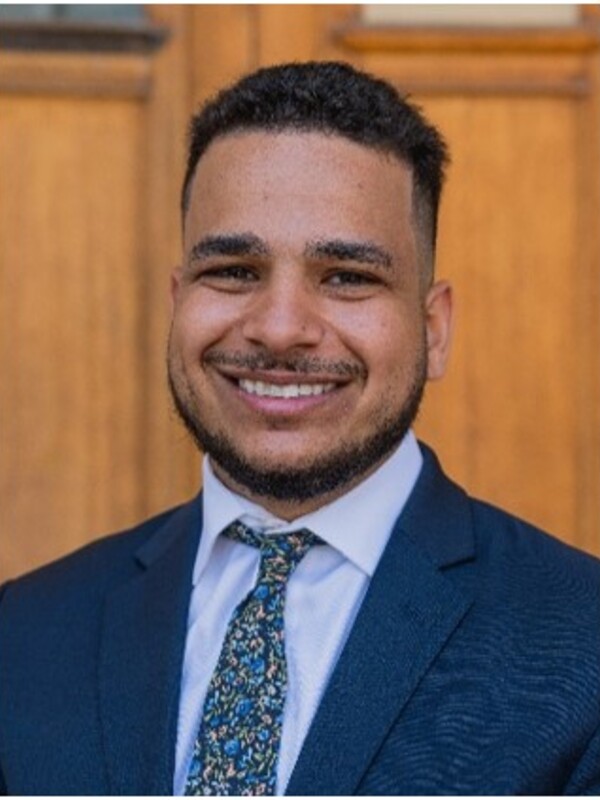
Yasser Salama
Medical School: University of Toronto
Internal Medicine: University of Toronto
Things to do in Toronto
Our friends in the Division of Emergency Medicine have shared this great little map of some favourite spots around the city. While you’re here make sure you visit some of the sights and see what Toronto is like outside of the hospitals.
Find out more about the program
Ways to find out more about our program
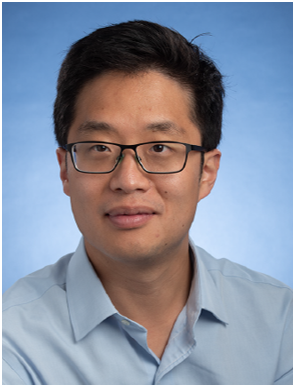 |
Dr. Raymond Jang, |
|
|
Walaa Kheir,
|
General Resident Resources
Program Leadership
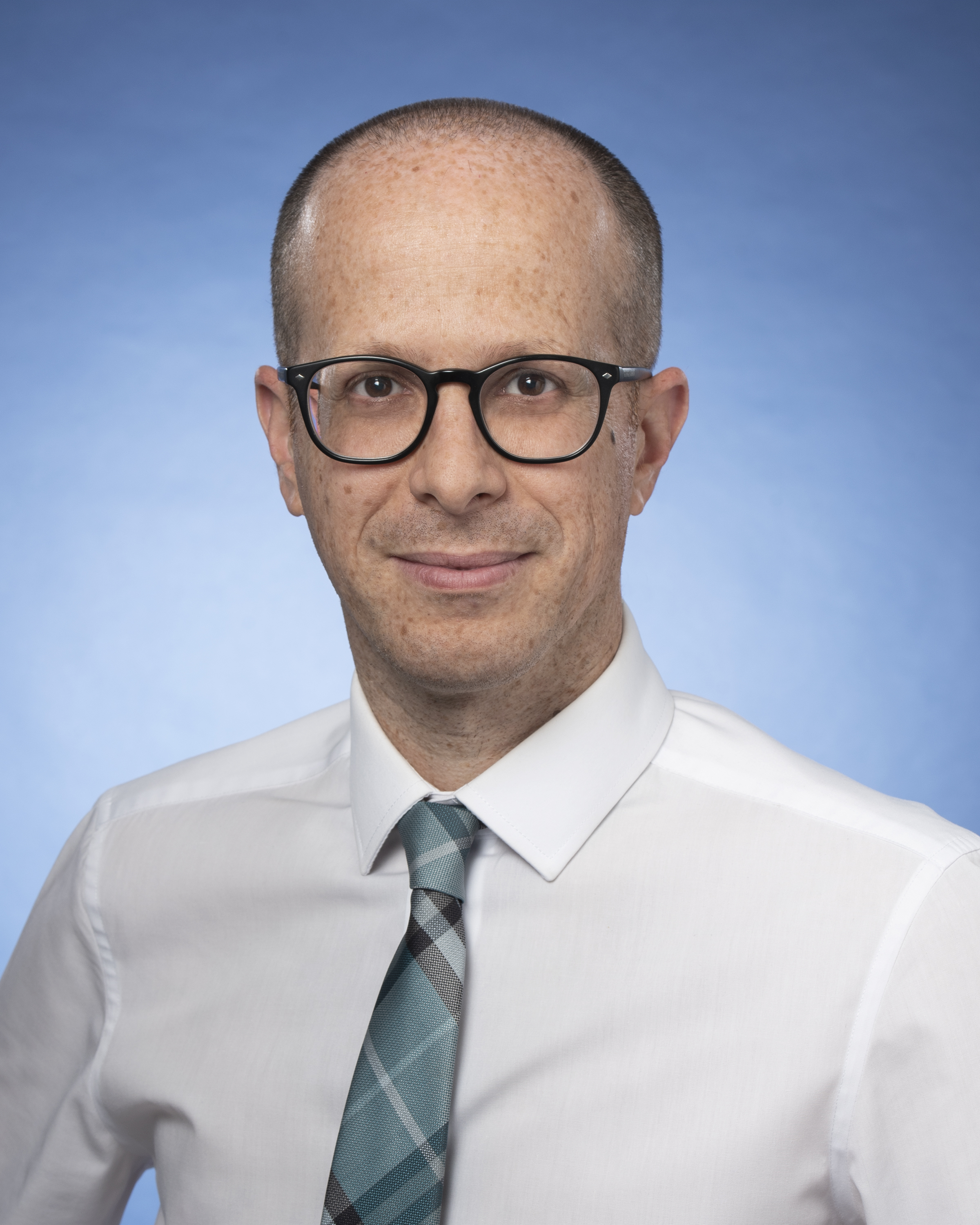 |
Dr. Eitan Amir Department Division Director, Medical Oncology |
 |
Dr. Raymond Jang Program Director, Medical Oncology Training Program |
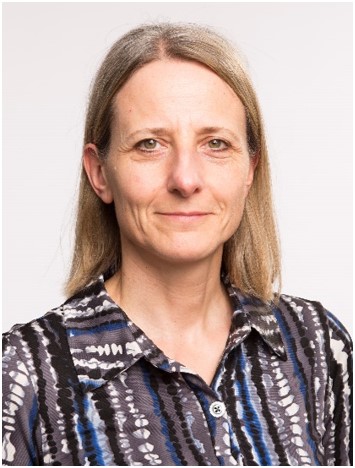 |
Dr. Christine Elser MOTP Rotation Site Coordinator, Mount Sinai Hospital |
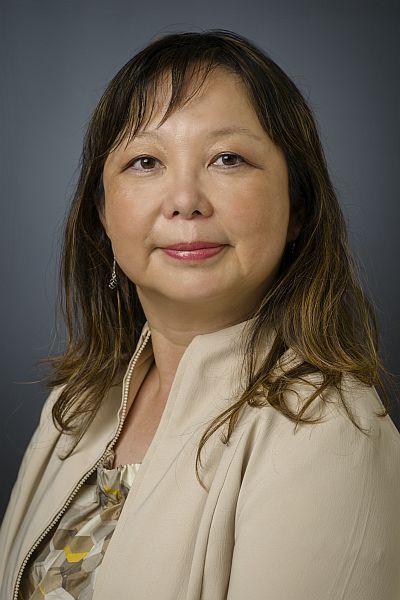 |
Dr. Susanna Cheng MOTP Rotation Site Coordinator, Odette Cancer Centre |
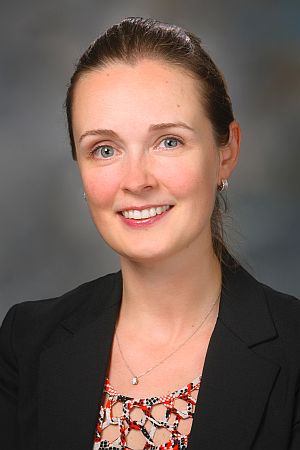 |
Dr. Elena Elimova MOTP Rotation Site Coordinator, Princess Margaret Cancer Centre |
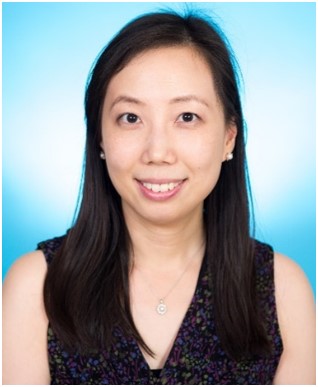 |
Dr. Ronita Lee Medical Oncology Competence by Design Lead MOTP Rotation Site Coordinator, St. Michael’s Hospital |
 |
Dr. Sudha Rajagopal MOTP Rotation Site Coordinator, Trillium Health Partners |
 |
Dr. Charles Lim Academic Half-Day Coordinator |
 |
Walaa Kheir Program Administrator, Medical Oncology Training Program |
Program Structure
Core Training
The University of Toronto’s Medical Oncology Training Program (MOTP) offers a two-year training program focusing on the management of solid-tumours. In addition, it provides balanced exposure to hematologic malignancies, bone marrow transplantation, radiation oncology and palliative care.
Over the two years, residents rotate through five different cancer centres: Princess Margaret Cancer Centre, Sunnybrook Hospital/Odette Cancer Centre, Mount Sinai Hospital, St. Michael’s Hospital and Credit Valley Hospital. These various rotations allow broad exposure to the practice of oncology both at the academic as well as community level.
Throughout the program, residents have a longitudinal clinic that they do continuously for the two years. This allows residents to gain autonomy and aids in eventual transition to independent practice.
PGY-4 Year
Residents’ first year in the MOTP is split into two 6 block rotations spending half of the year at Princess Margaret Cancer Centre and the other half at Sunnybrook Hospital/Odette Cancer Centre. During both of these rotations, residents spend the majority of their time in solid tumour clinics. For 6 blocks they will also have 1 hematology clinic per week. For 3 blocks they will have a weekly radiation oncology clinic and for 3 blocks they will have a weekly palliative care clinic. Lastly, one block of the year is dedicated to a research month that is further explained on the research page. Below is a sample schedule.

In addition to the above, residents spend 1 week of the year in the leukaemia rapid assessment clinic and 1 week on the medical oncology ward.
PGY-5 Year
The second year of the MOTP offers a much more flexible schedule, allowing for personalization. Mandatory rotations include a 3 block rotation at Mount Sinai Hospital and 3 blocks at Credit Valley Hospital. In addition, 1 block is spent at St. Michael’s hospital. The remainder of the year is composed of 6 elective blocks. Below is a sample schedule.

Electives
Electives are a chance for residents to personalize their training to best meet their future ambitions.
There are no limitations on the location of clinical electives as there are no mandatory call requirements during PGY5. Many past residents have pursued local, national, and international electives.
In addition to clinical electives, part of the 6 blocks can be taken as research electives.
Calls
PGY-4
During PGY-4 year, residents are expected to take call at the hospital they are currently rotating at. This works out to 6 blocks of call at Princess Margaret Cancer Centre and Sunnybrook Hospital/Odette Cancer Centre respectively. Calls generally consists of 3 calls per month. Monday-Friday calls consist of ward coverage from 5pm to the following morning. Saturday and Sunday calls are 24hours and entail rounding on inpatients. There is no call during the PGY4 research block.
At Sunnybrook Hospital/Odette Cancer Centre, residents exclusively cover solid tumour patients. As patients are able to be directly admitted from the emergency department, you are expected to manage admissions, transfers, and ward issues over night. This is technically home-call however, there is an in-house call room available as well.
At Princess Margaret Cancer Centre, residents cover both solid tumour patients as well as the autologous stem cell transplant ward. There are no emergency department admissions from this call as all patients present to Toronto General Hospital across the street. That being said, patients can be directly admitted from clinic or have a planned admission for treatment purposes. This is in-house call.
PGY-5
The only mandatory call during PGY-5 is 1 week of at-home call during the Credit Valley Hospital rotation.
There are additional call options available for stipend pay at several of the training locations however these are not mandatory.
Education
Research
PARO Contract
Coming soon.
Vacation/Leave requests
Coming soon.
Memberships, Conferences & Medical Courses
- ASCO eLearning
- Oncology Education
Forms
- Elective request form
- Reimbursement forms
Frequently used links
Coming soon.

